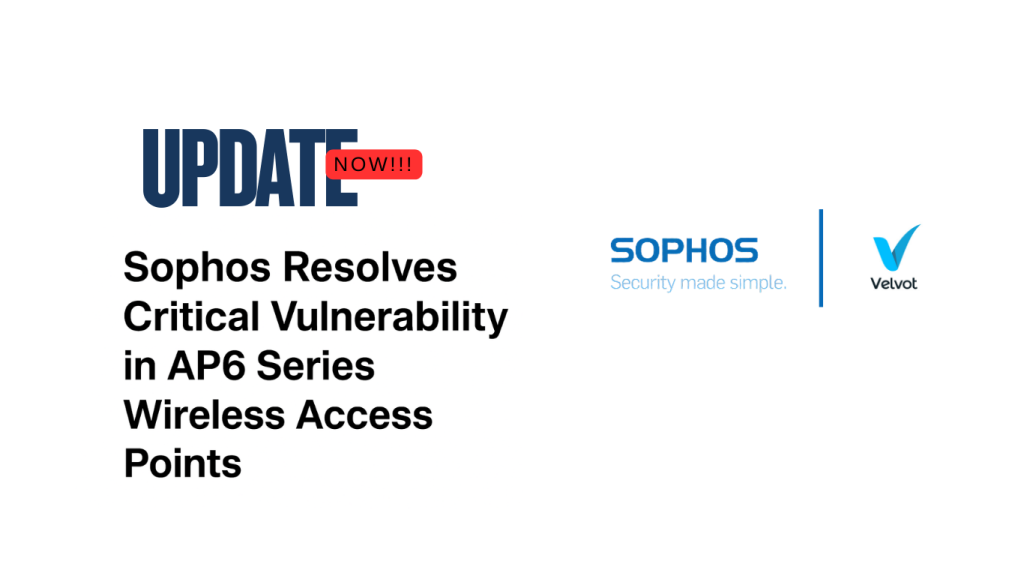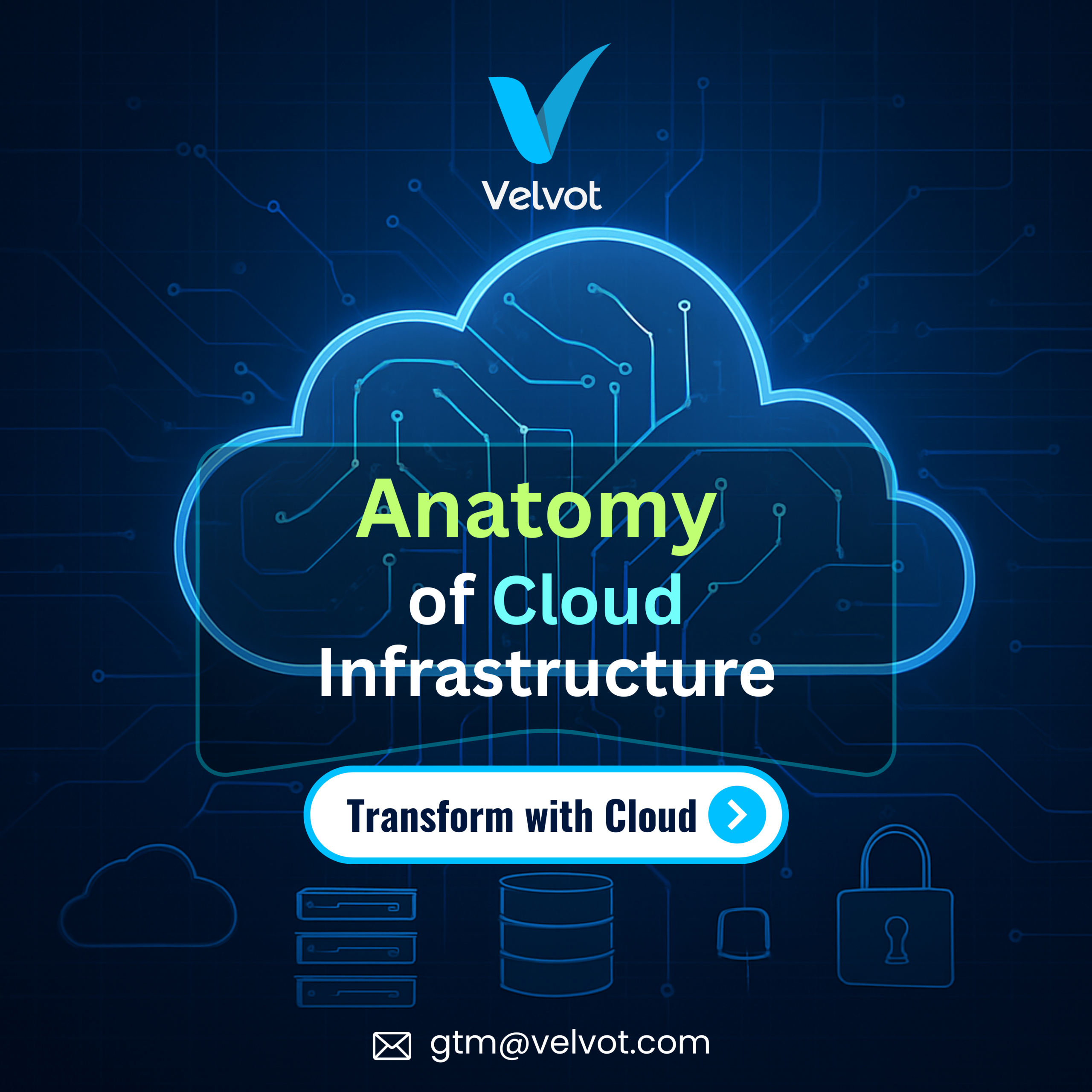
Sophos Resolves Critical Vulnerability in AP6 Wireless Access Points: Urgent Firmware Update Recommended
Sophos has released a crucial security update to address a critical authentication bypass vulnerability impacting its Sophos AP6 Series Wireless Access Points. This zero-day flaw, identified internally by Sophos’s own security team, could allow an attacker to gain full administrator-level privileges, posing a significant risk to network security.
This proactive discovery and rapid resolution underscore Sophos’s commitment to protecting its customers. The company urges all administrators to ensure their Wireless Access Points are running the latest firmware update to mitigate this serious threat.
What Was the Sophos AP6 Vulnerability?
The vulnerability (an authentication bypass flaw) allowed an attacker with network access to the management IP address of the access point to bypass standard authentication protocols. Once exploited, this could grant elevated privileges, giving the attacker complete control over the device.
A successful exploit of this Sophos AP6 vulnerability could lead to:
- Complete takeover of the access point.
- Interception and manipulation of sensitive network traffic.
- Disruption of wireless connectivity for all users.
- Using the compromised AP6 device as a foothold for launching further attacks within the internal network.
Fortunately, the primary risk is from attackers already on the local network, as exploiting the flaw requires direct access to the management interface.
Affected Devices and the Crucial Firmware Update
This vulnerability affects Sophos AP6 Series Wireless Access Points running firmware versions older than 1.7.2563 (MR7).
Sophos has patched this flaw in firmware version 1.7.2563 (MR7), which became available on August 11, 2025. This firmware update is essential for maintaining robust network security.
Urgent Action for Administrators
For most customers, this firmware update has already been applied automatically. Sophos AP6 devices are configured to install updates by default, ensuring a seamless and proactive defense against new threats.
However, if your organization has disabled automatic updates, immediate action is required:
1. Verify Firmware Version: Log in to your Sophos management console and confirm that your AP6 Wireless Access Points are running firmware 1.7.2563 (MR7) or newer.
2. Manual Update: If your devices are running an older version, you must manually initiate the firmware update to protect your network.
Failing to update your Sophos AP6 devices leaves them vulnerable to this critical authentication bypass risk.
Sophos’s Proactive Security Approach
The internal discovery of this flaw highlights Sophos’s powerful and proactive security testing. By identifying and patching vulnerabilities before they are exploited in the wild, Sophos demonstrates its commitment to staying ahead of cybercriminals and reinforcing customer trust.
Action Required: All organizations using Sophos AP6 products must confirm that their devices have been updated to the latest firmware. Keeping your Wireless Access Points current is a fundamental step in safeguarding your business operations and data against a constantly evolving threat landscape.





